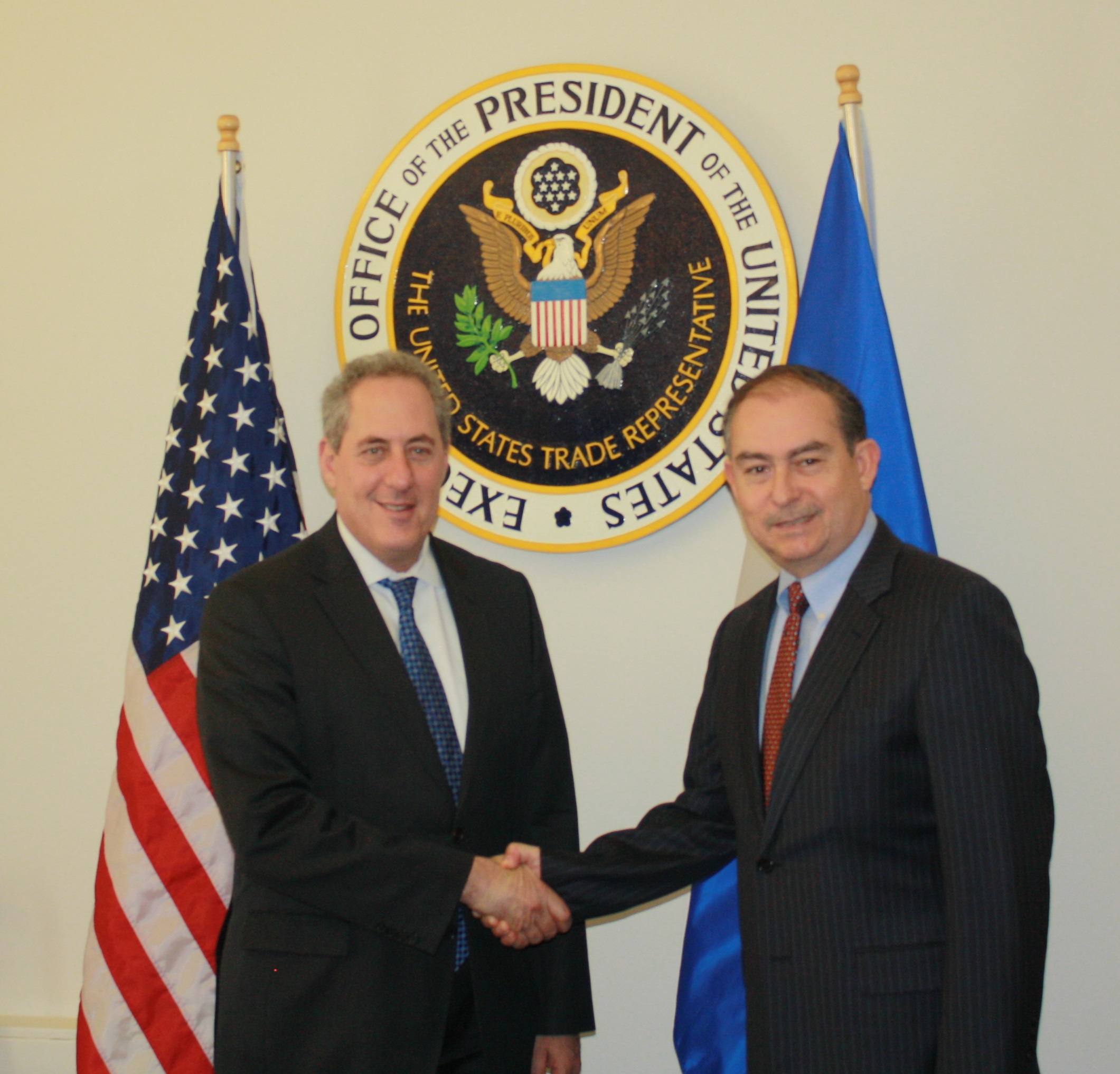On January 11, 2021, Costa Rica requested consultations with Panama regarding measures on the importation of a number of products originating in Costa Rica, including: strawberries, dairy products, bovine, pork, poultry and turkey meat products, fish food, fresh pineapple, and plantains and bananas.
Costa Rica claimed that the measures appear to be inconsistent with:
• Articles 2.1, 2.2, 2.3, 3.1, 3.3, 5.1, 5.4, 5.5, 5.6, 5.7, 5.8, 6.1, 7, 8 and Annexes B and C of the SPS Agreement;
• Article 4.2 of the Agreement on Agriculture; and









